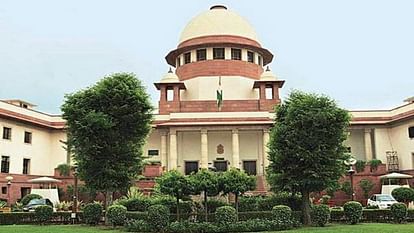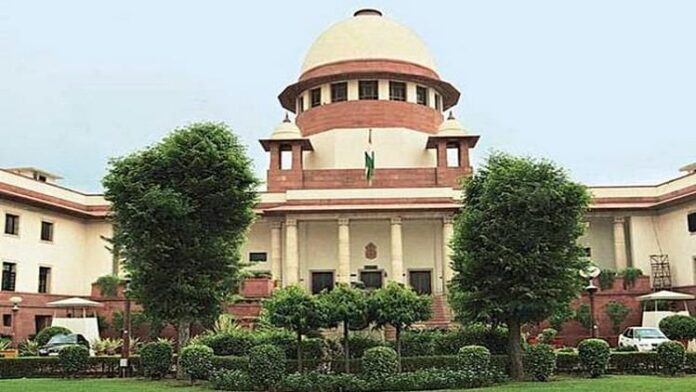
Supreme Court
– Photo: ANI
Expansion
The Supreme Court will give its verdict today on Thursday on the highly controversial issue of whether the royalty payable on minerals is a tax under the Mines and Minerals (Development and Regulation) Act, 1957. It will also decide whether only the Center has the right to make such recovery or the states also have the right to levy tax on mineral-rich land in their area. A nine-member constitutional bench headed by CJI Justice DY Chandrachud had reserved the verdict on March 14 after hearing 86 petitions of various states, mining companies and PSUs for eight days.
Trending Videos
A constitutional bench of nine judges was hearing the case
The case was being heard by a nine-judge bench headed by Chief Justice DY Chandrachud. The nine-judge bench headed by Chief Justice DY Chandrachud of the apex court also includes Justice Hrishikesh Roy, Justice Abhay S Oka, Justice BV Nagarathna, Justice JB Pardiwala, Justice Manoj Mishra, Justice Ujjwal Bhuiyan, Justice Satish Chandra Sharma and Justice Augustine George Masih.
During the hearing, the apex court had said that the Constitution gives the right to tax mineral rights not only to the Parliament but also to the states. At the same time, it emphasized that this right should not be weakened. At the same time, Attorney General R Venkataramani, appearing on behalf of the Center, argued that the Center has supreme powers with regard to taxing mines and minerals.
what was the matter
Let us tell you that the Constitution Bench of nine judges was considering a very complex question. According to this, can the Center collect royalty on mining leases, which will be considered as a tax. In 1989, a seven-judge bench had passed the same decision. The roots of this case are related to the dispute between India Cement Limited and the Tamil Nadu government. India Cement acquired a mining lease in Tamil Nadu and was paying royalty to the state government. Later, the state government imposed another cess on India Cement in addition to royalty. After this, India Cement approached the Madras High Court. Where it argued that cess on royalty means tax on royalty which is beyond the scope of the state legislature. Later in 1989, on the case of India Cements Limited vs Tamil Nadu State Government, a seven-judge bench of the apex court had said that royalty is a tax.
